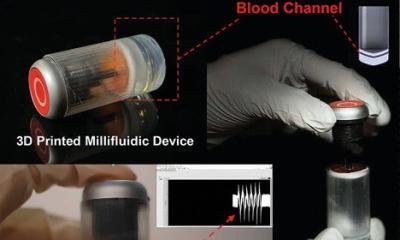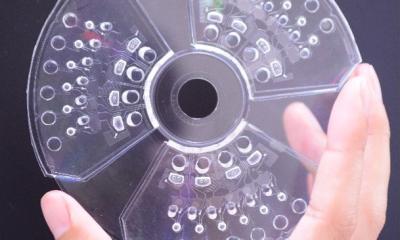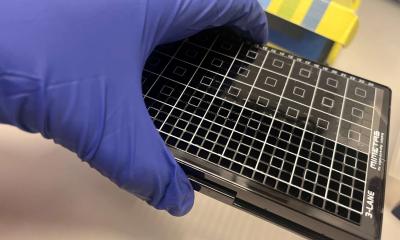Protein cloning technology gains European patent
London and Cambridge-based biopharmaceutical research firm Domainex Ltd has received a European patent for its Combinatorial Domain Hunting (CDH) Technology, which enables the cloning and expression of recombinant proteins, or parts of proteins (domains), from challenging molecular targets.
The proteins are then screened to select soluble, stable protein domains that are ideal reagents for use in drug discovery programmes by the pharmaceutical industry.
CDH technology is based on research conducted by Professor Paul Driscoll, Professor Laurence Pearl, Dr Chris Prodromou and Dr Renos Savva, at UCL, The Institute for Cancer Research and Birkbeck, University College London.
Domainex specialises in the development of novel drug targets reached via this technology and also provides structural biology and chemistry services to major pharmaceutical and biotechnology firms.
The company has already used its CDH protein expression platform to successfully tackle a series of difficult target proteins and has fulfilled commercial contracts with a number of major pharmaceutical companies, such as leading global firm, UCB.
Dr Eddy Littler, CEO of Domainex, said: ‘The application of the CDH technology within our internal portfolio allows Domainex to access attractive therapeutic targets that are impossible to approach by other technologies. We also have a granted Australian patent for CDH and pending CDH patent applications in the USA and several other territories.’
Domainex’s portfolio will have an initial focus on targets for cancer treatments; the firm has begun such discussions with pharmaceutical companies regarding future out-licensing.
Details: www.domainex.ltd.uk
28.10.2008





